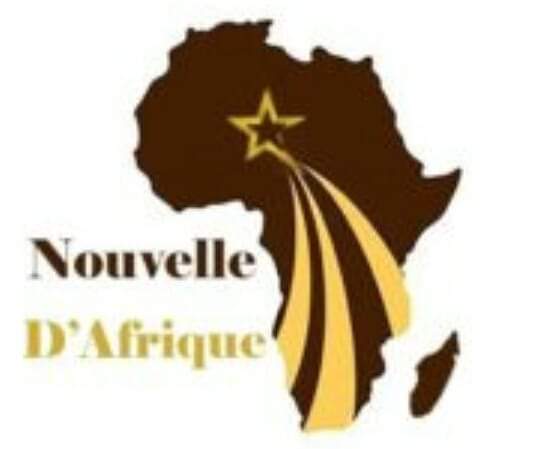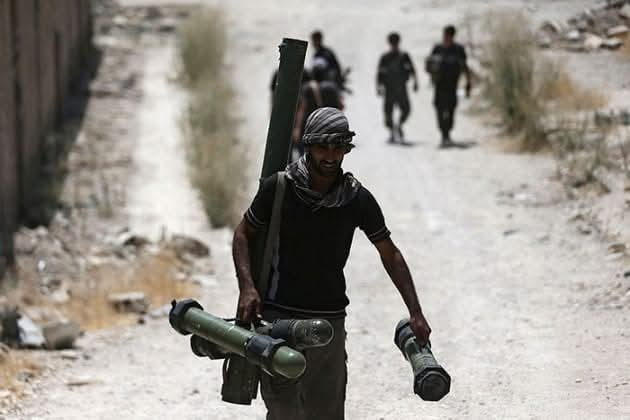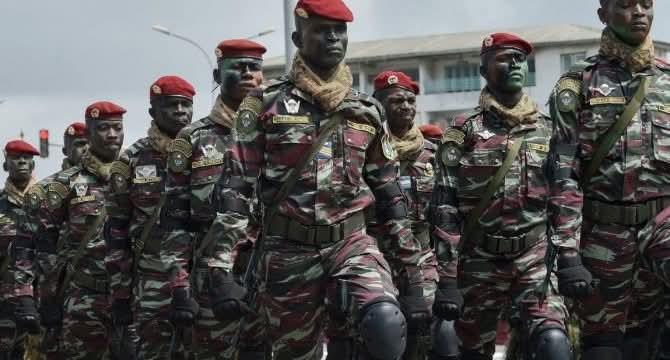0076/HAAC/01-2023/pl/P
On August 4, 2025, the United States and Rwanda finalized an agreement allowing the African nation to accept up to 250 migrants deported from the U.S., marking a significant escalation in President Donald Trump’s hardline immigration strategy. The deal, signed in June and confirmed by Rwandan government spokesperson Yolande Makolo, reflects the administration’s push to outsource deportations to third countries, particularly those in the Global South. While the U.S. frames this as a solution for removing « the worst of the worst » migrants, critics decry it as a dangerous precedent that risks human rights violations and strains Rwanda’s post-genocide society
Details of the Agreement
- Scope and Conditions
– Rwanda will accept up to 250 migrants, primarily those with criminal records who have completed their sentences. The agreement excludes child sex offenders and allows Rwanda to vet each individual .
– Deportees will receive integration support, including housing, healthcare, and job training, though they are free to leave Rwanda afterward . - Financial Incentives
– The U.S. will provide Rwanda with a grant (amount undisclosed) to cover costs, mirroring similar payments to El Salvador ($6 million for incarcerating deportees) . - Legal and Diplomatic Context:
– The deal follows a June 2025 Supreme Court ruling permitting third-country deportations without asylum screenings, though lawsuits challenging its legality are pending .
– Rwanda’s involvement aligns with its broader strategy to position itself as a migration partner for Western nations, despite the collapse of a similar 2022 UK deal over human rights concerns .
Motivations and Controversies For the U.S.
- The Trump administration seeks to bypass immigration backlogs and deter irregular migration by sending deportees to distant countries, reducing chances of re-entry .
- Critics argue the policy violates international refugee norms, as migrants may face refoulement (forced return to dangerous home countries) or isolation in nations where they lack ties .
For Rwanda Economic Gains
The deal brings financial aid and bolsters Rwanda’s image as a « solution » to global migration crises, akin to its UN-backed program for Libyan refugees .
- Diplomatic Leverage Rwanda is concurrently negotiating a U.S.-brokered peace deal with the Democratic Republic of Congo (DRC), suggesting the migration agreement may be tied to broader geopolitical favors .
Human Rights Concerns
- Rights groups, including Amnesty International, warn that Rwanda’s authoritarian governance and limited asylum infrastructure make it ill-suited to protect deportees .
- The UK’s failed Rwanda deal blocked by courts over safety risks serves as a cautionary precedent .
Broader Implications
- Global Migration Trends
The deal exemplifies « outsourced migration management, » where wealthy nations shift responsibilities to poorer states, potentially incentivizing similar agreements across Africa . - Regional Stability
Rwanda’s involvement in U.S. deportation schemes coincides with fragile peace efforts in the DRC, raising questions about whether migration diplomacy is being used to offset criticism of its alleged support for M23 rebels .
Emebe Asefa, Correspondent
Addis Ababa,Ethiopia





